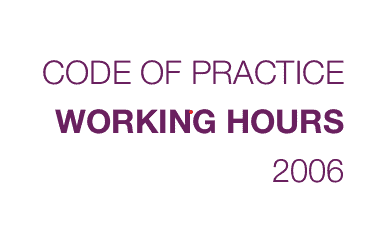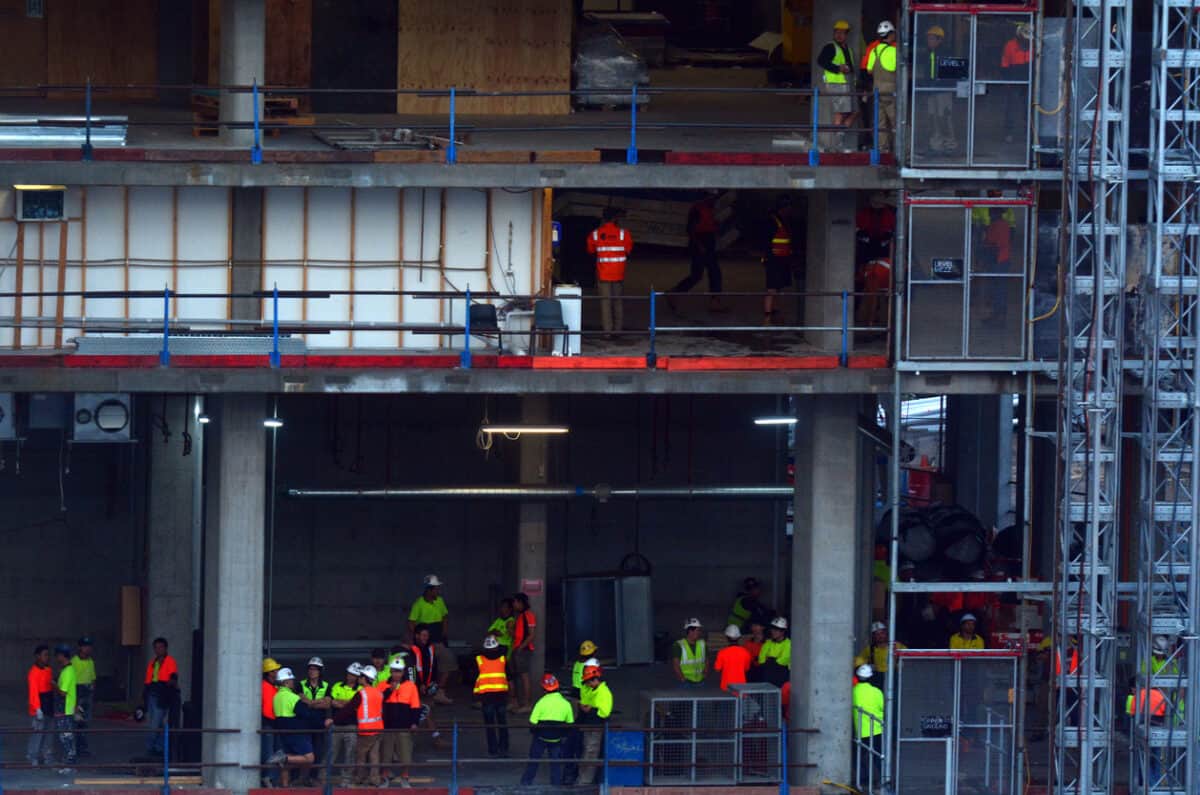If I was asked to describe last week’s awards night conducted by WorkSafe Victoria, it would be curious. This article does not question the legitimacy of the award winners and finalists: all deserve the accolades and the glory. In fact, there perhaps should have been more of them.
The atmosphere of the event was relatively muted. There were no tables of loud finalists from previous years, but the tables associated with the night’s final award, the Health and Safety Representative (HSR) of the Year, were rowdy at the end. The Master of Ceremonies was a last-minute replacement and made little attempt to entertain. Her job was to read the script and announce the winners, and she was good at that, but there was no lively personality as in previous years, no one to warm up the crowd.







